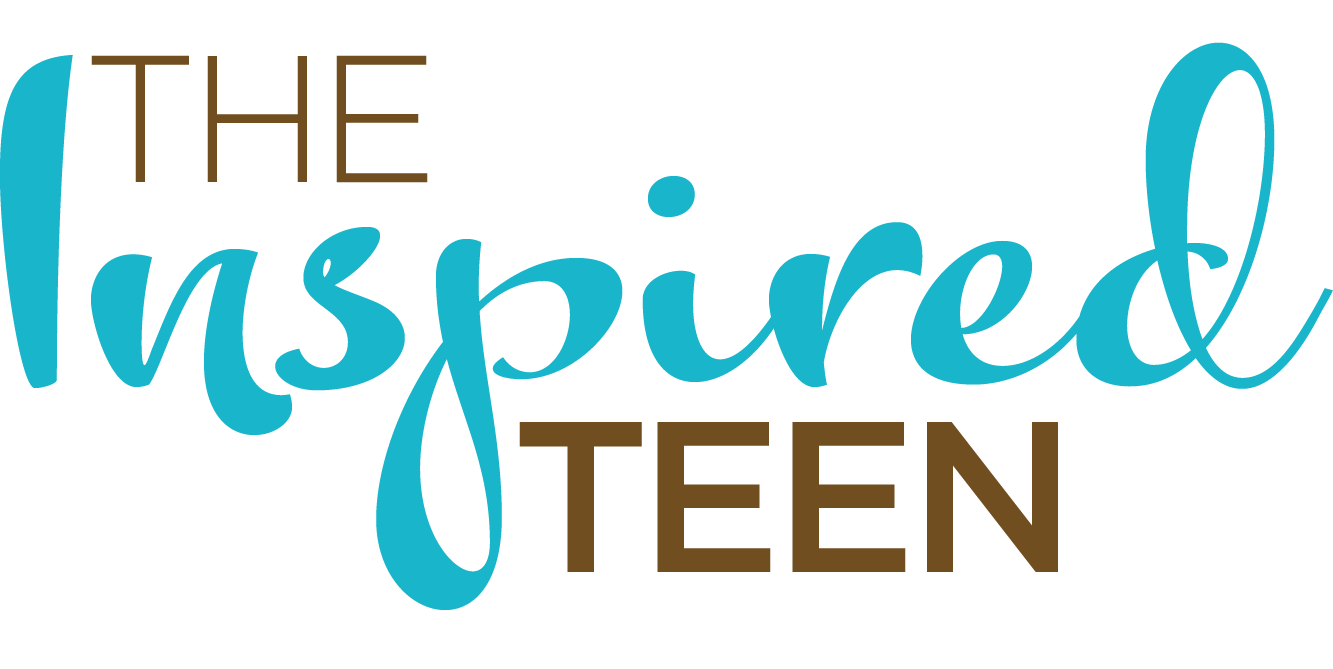January - Goals and Habits
Parent Resources
Book - Atomic Habits by James Clear
The Importance of Goal-Setting for Teens - Boys and Girls Club of America
How To Help Your Teen With Setting High School Goals - Parenting Teens and Tweens
Conversation Starters
“Have you ever set a goal and actually stuck with it? What helped you follow through?”
“What’s one habit you wish you could drop, and one you’d like to build?”
“Do you like setting goals for yourself, or does it feel kind of stressful?”
“If you had a ‘future you’ check in on you right now, what would they be proud of—and what might they nudge you to work on?”
“What’s more motivating for you: working toward something exciting, or avoiding something you don’t want to happen?”
“Do you think habits are more about willpower or environment?”
“What’s something you’ve already improved at this year, even if it felt hard?”
“What’s something you’d love to get better at this year—even just a little?”
Parent Teen Night Ideas
This 7-minute animated video summarizes this great book by Stephen MR Covey. It would be great to watch it then discuss the habits and how you could implement them in your lives.
2. Try something new for thirty days
This quick video by Matt Cutts is great for anyone who wants to make a change in their life. Each small things we do adds up and we can do anything for 30 days, right? After watching the video, discuss goals and choose something each of you can do.
3. The Power of believing that you can improve
Carol Dweck talks about growth mindset and reminds us that our potential lies completely and fully within our own hands.
4. How to get 1% Better by James Clear
There is an 8-minute video, and a 24-minute one. Both are fantastic and can help you bring up the topics of goals, habits, and routines. You could also watch this animated video that teaches some of the concepts from his book, Atomic Habits.
5. Forget big change, start with a tiny habit
In this talk, BJ Fogg shows us that the key to lasting change does not lie in planning big, monumental changes, but in thinking really, really small.
6. Choose some goals together and use the below PDF’s.
7. One of the best habits we can create is to deliberately feel more gratitude. Use the below journal pages to help you both create a habit of daily gratitude.
PDFS
Learning to set and reach goals can bring so much happiness to our lives, as well as give your teen direction. Print this out and talk about a single goal each of you can set and why you want to set it.
You can print this as well so you and your teen can track the goal you set.
This two page handout has a place to write five things you are grateful for each day for eight days. Discuss gratitude with your teen then challenge each other to do this activity for a week. Choose a small reward for if you accomplish it!
Things to watch out for:
1. Your teen avoids setting goals altogether, either out of fear or hopelessness. If your teen never wants to talk about the future, shrugs off all plans, or says things like “What’s the point?” it could be a sign of low self-worth, anxiety, or even depression—not just a lack of motivation.
2. They tie their entire self-worth to achievement. If they’re setting intense goals just to feel “enough,” and fall apart when things don’t go perfectly, it could signal perfectionism, burnout, or pressure they don’t know how to handle.
3. They set unrealistic goals over and over and beat themselves up for not reaching them. This pattern can damage self-confidence and lead to a cycle of self-doubt and giving up. It may point to struggles with executive functioning, time management, or emotional regulation.
4. They seem stuck in self-sabotaging habits and feel powerless to change. If your teen keeps repeating habits they know are harmful (like procrastinating, staying up all night, or avoiding responsibilities), and they express frustration or helplessness, it’s time to dig deeper.
5. They struggle to follow through on anything, even small daily routines. While some forgetfulness is normal, chronic inconsistency (especially when it affects school, health, or relationships) might signal ADHD, anxiety, or another underlying issue that needs attention.
6. They completely reject structure or accountability. If your teen refuses to accept any help, schedule, or feedback (especially if paired with risky or impulsive behavior) it could be a sign of deeper emotional struggles or a need for boundaries and support.

